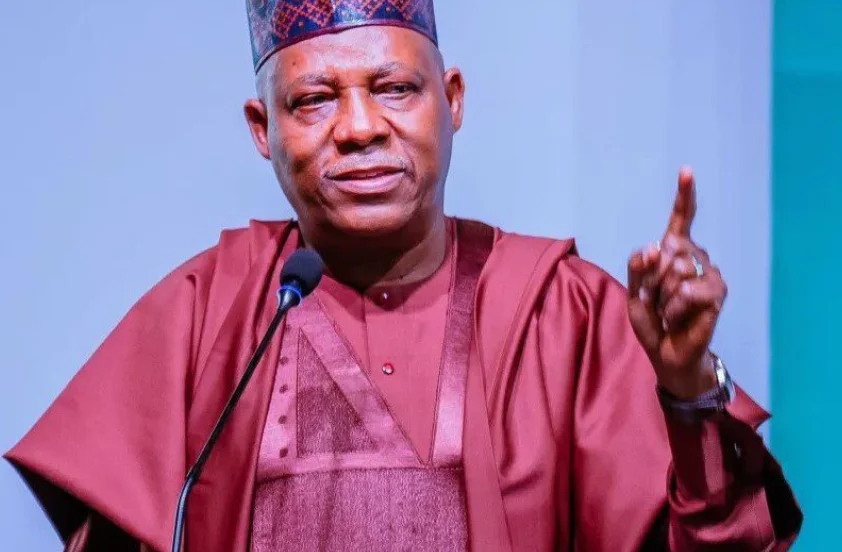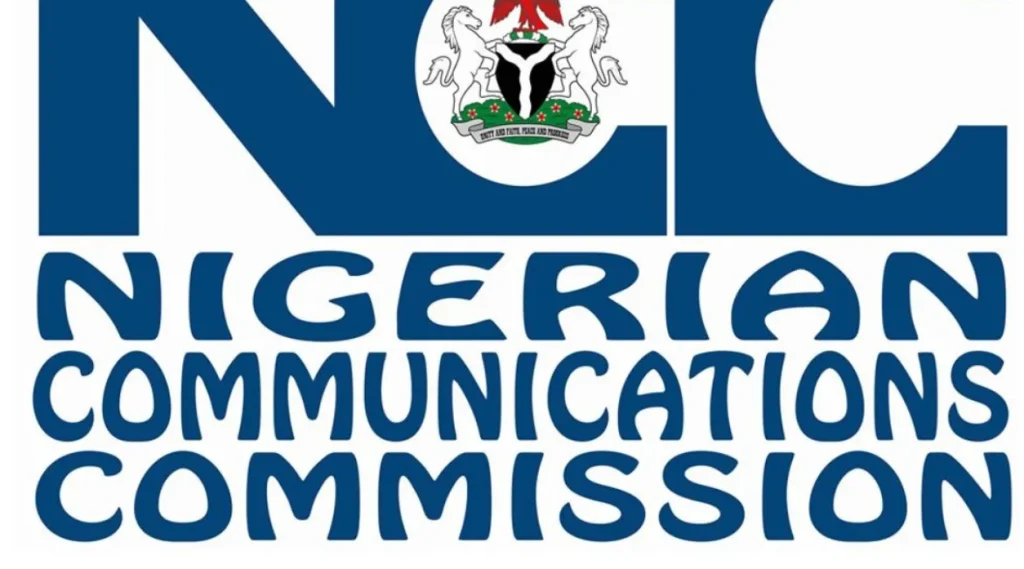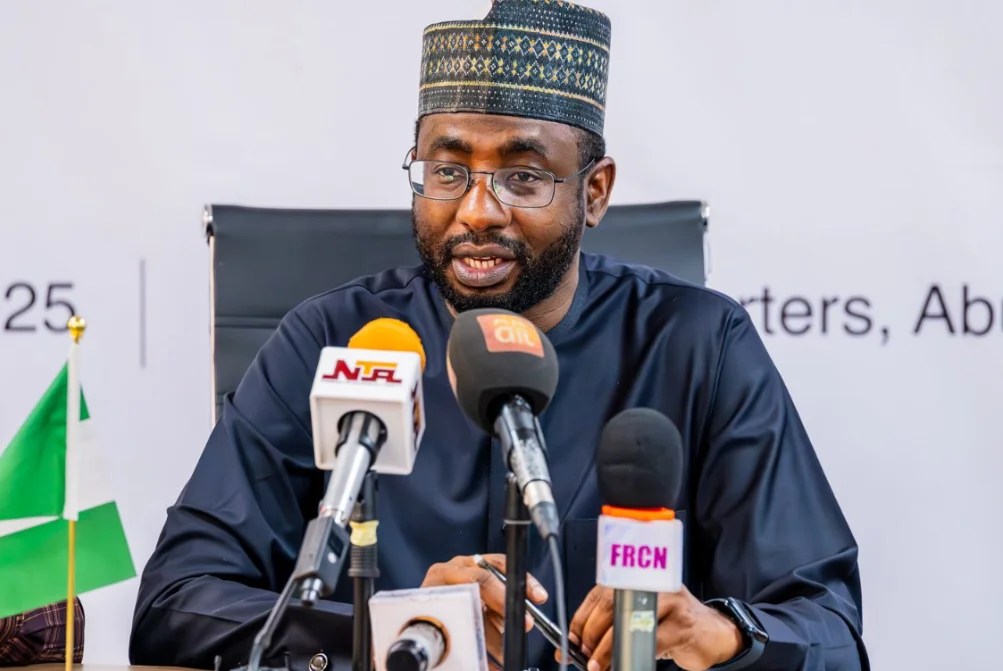NCC: Telecom Operators’ Costs Hit Record N5.8 Trillion Amid Soaring Right-of-Way Fees
The Nigerian Communications Commission (NCC) has revealed that the operating costs of telecom operators in Nigeria reached an all-time high of N5.85 trillion in 2024, marking an 85% increase from N3.16 trillion in 2023.
According to the NCC’s latest industry data, the sharp rise in operating expenses was driven by high Right-of-Way (RoW) fees, persistent inflation, foreign exchange volatility, and rising energy costs that have placed heavy financial burdens on operators.
“Most licensees complained of high Right of Way (RoW) fees, harsh macroeconomic conditions, and rising inflation. However, the NCC has been able to secure zero RoW fees in some states in 2024,” the Commission stated in its report.
The Right-of-Way (RoW) Debacle
Right-of-Way fees are charges telecom operators pay to lay fibre-optic cables across roads and public spaces. Despite NCC’s continuous efforts to harmonise or eliminate these fees, there remain wide disparities across states.
While the federal guideline rate is N145 per linear meter, some states impose fees as high as N9,000 per meter, making broadband rollout extremely costly.
According to recent operator data:
- Ogun State charges the highest at N9,477 per meter.
- Lagos – N6,264
- Oyo – N5,303
- Cross River – N4,737
- Rivers – N4,047
- Edo – N3,491
- Ondo – N3,075
These rates have continued to stall infrastructure deployment and inflate operational costs for telecom companies.
Some States Now Offering Zero RoW Fees
NCC Executive Vice Chairman, Dr Aminu Maida, disclosed that five additional states, Adamawa, Bauchi, Enugu, Benue, and Zamfara, have waived RoW charges to encourage broadband expansion.
They join six others, Anambra, Katsina, Kebbi, Nasarawa, Osun, and Plateau, that had previously eliminated the charges.
This brings the total to 11 states offering zero-cost RoW, a move expected to accelerate broadband infrastructure deployment and reduce operator costs in those regions.
Broadband Targets at Risk
Nigeria’s goal of achieving 70% broadband penetration by the end of 2025 now appears unattainable. NCC data as of September 2025 shows broadband penetration at just 49.3%, far below the target outlined in the National Broadband Plan (NBP 2020–2025).
“One of the most significant barriers to broadband deployment in Nigeria has been the high RoW fees charged by state governments,” Dr. Maida explained.
“Despite a Nigerian Governors Forum resolution fixing the rate at N145 per linear meter, several states continue to impose higher charges.”
The delays in harmonising RoW fees have forced many operators to scale down or postpone broadband rollout projects, as protracted negotiations with state agencies hinder progress.
ALTON: High Fees, Multiple Taxes Stifling Growth
Chairman of the Association of Licensed Telecommunications Operators of Nigeria (ALTON), Engr. Gbenga Adebayo warned that the broadband rollout has been slower than expected because key challenges identified in the broadband plan remain unresolved.
He highlighted multiple taxation, high RoW fees, and hidden charges, such as education taxes and highway levies, as major obstacles discouraging private investment.
“Even in states that have officially waived Right-of-Way fees, operators still face indirect charges that make deployment costly,” Adebayo said.
According to the broadband plan, Nigeria requires $3.5–$5 billion in investments over five years to achieve its broadband targets. However, foreign investments in the telecom sector have declined, reflecting growing investor caution amid high operational expenses and policy inconsistencies.
Outlook: The Cost of Connectivity
The record N5.85 trillion operational cost underscores the urgency for policy reforms in Nigeria’s telecom industry. Experts say achieving the country’s digital transformation and broadband targets will depend on coordinated efforts between federal and state governments to harmonise RoW fees, stabilise power costs, and attract sustainable investments.












